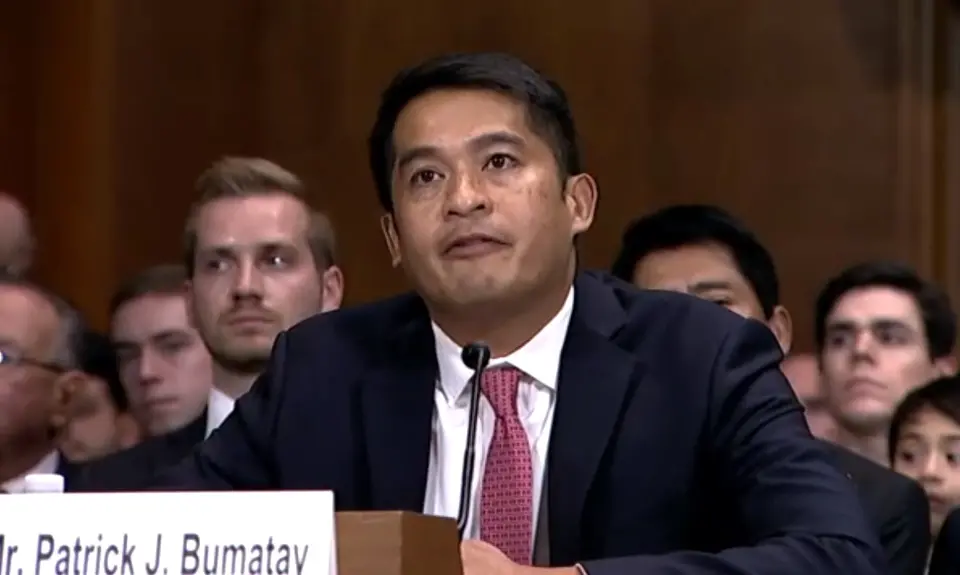“Confirmed Judges, Confirmed Fears” is a blog series documenting the harmful impact of President Trump’s judges on Americans’ rights and liberties. Cases in the series can be found by issue and by judge at this link.
Trump Ninth Circuit judge Patrick Bumatay would have allowed an employer to violate the Americans with Disabilities Act (ADA) by firing an employee without making a good faith effort to engage in the process of determining whether there was a possible accommodation for a disability due to an on-the-job injury. The July 2020 decision was Rosales v. Bellagio.
Jorge Rosales worked in room service at Bellagio for 18 years. While on the job, he sustained an injury. The injury limited his movement as well as the amount of weight he could lift. He requested accommodations under the Americans with Disabilities Act (ADA). Without engaging with Rosales, Bellagio concluded Rosales could not complete the essential functions of his job and fired him.
Rosales sued Bellagio in district court, which granted summary judgment for Bellagio. Rosales appealed to the Ninth Circuit. He contended that Bellagio violated the ADA when it terminated him and the “district court used the wrong legal standard” when it evaluated his ADA claim.
In a 2-1 decision, the majority agreed with Rosales and reversed the district court’s ruling. They explained that an employer “who fails to engage in the interactive process in good faith, faces
liability . . . if a reasonable accommodation would have been possible. . . . [A]n employer cannot prevail at the summary judgment state if there is a genuine dispute as to whether the employer engaged in good faith in the interactive process.
Judge Patrick Bumatay would have decided otherwise, based on his own view of the record, that: Bellagio demonstrated that Rosales could not perform the essential functions of his job, and that there was no accommodation available to change that fact.” As the majority noted, however, that was a question for the jury to decide.
